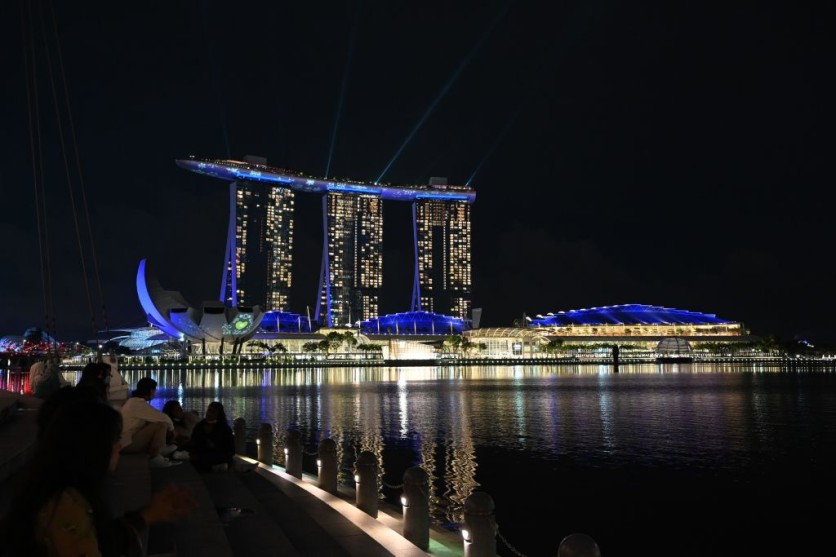Port of Singapore will now require harbor craft to be net zero by 2030, according to Electrek.

The Maritime and Port Authority of Singapore (MPA) has mandated all new harbor craft to be electric. That said, the harbor craft must use B100 biofuels or compatible with net zero fuels by 2030. The plan is part of their net zero by 2050 goal in which part of it involves harbor craft and pleasure craft to be fully electric.
Being one of the busiest ports in the world, the Port of Singapore has six terminals, which serves as an important hub for global shipping and trade.
MPA Singapore's All-Electric Plans
MPA Singapore has begun its efforts in going all-electric. Its pilot programs for the port's first electric ferry and first all-electric battery-swapping vessel, the Hydromover, will be launched this year.
The Hydromover will be the most economical and environmentally-friendly option for cargo vessel crafts. It will be able to reduce fuel costs by around 77 percent and will save over 750 tonnes of greenhouse gas emissions.
Shift Clean Energy, SeaTech, and Vitol have partnered up to deliver the first hybrid bunker tankers in the country. The four hybrid tankers will be designed by SeaTech and will be provided to V-Bunkers. They will be fitted with Shift's 480-Kwh liquid-cooled ESS and battery management systems.
Additionally, its first charging stations for electric maritime vessels will be operational at Shell's facilities on Pulau Bukom this year. It is also set to launch a bigger charging station plan for the post that will be completed in 2025.
The port authority will also work with research institutes to identify the best locations for charging infrastructure and electric power as part of their plan to electrify their ships.
By the second quarter of this year, MPA will launch an Expression of Interest that will call for proposals for design and development and green financing for new electric harbor craft.
Also Read: Singapore Extends 5G Coverage to Seaport, Boosting the Maritime Industry
Singapore is Progressing On Its Net Zero Operations
Singapore's drive to reach net zero is being felt and seen by many, and it has drew praise from activists. Kicking it off with harbor craft is a big step forward.
Operators don't need to make major changes in equipment for their new builds because modern diesel engines can already use at least one form of straight biofuel without any modification.
Renewable diesel is derived from vegetable oil and processed in the same way as regular diesel fuel. It meets all diesel fuel specifications and is a suitable substitute. Biodiesel, which is the more widely used of the two, is often blended with regular diesel to create a fuel that can be used in any diesel engine.
Related Article: Singapore Publishes World's First AI Governance Testing Framework

ⓒ 2025 TECHTIMES.com All rights reserved. Do not reproduce without permission.




